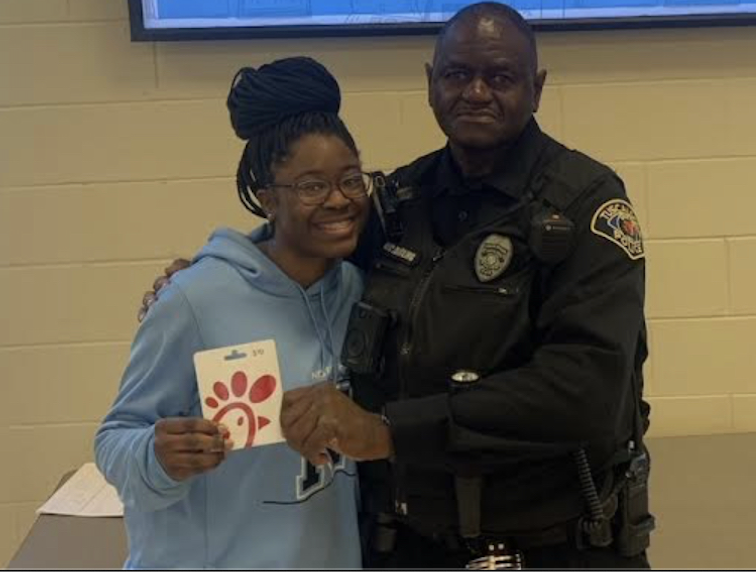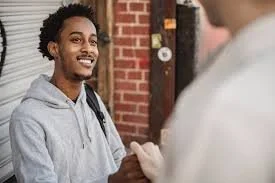Mission Statement
The mission of The Ivy Foundation is to provide a solution. Our mission is based on the proverbial quote by Marcus Aurelius, “Waste no more time arguing about what a good man should be. Be one.” We no longer want a seat at the table. We have decided that the table is not a setting fit for an organization whose mission is change. Change must occur via relationships, mentorship, and through intellectual empowerment. The Ivy Foundation offers at-risk teens (and the adults they mature into) a sense of unity, purpose, discipline, and process. We believe that the true solution to social inequality is through service. By providing individuals with resources and networks conducive to their aspirations for a better future and with positive role models who can both sympathize & empathize with them, we provide them with one of the most powerful gifts known to man, HOPE.
Select the “Donate” button above to join the fight against youth crime and help improve community relations with local law enforcement.
When you believe in our youth, they learn to believe in themselves. It’s time we offered a constructive approach to shape our youths’ future, provide real opportunities and aspirations, and structured means to have them engaged in the community. It’s time we take responsibility for the future of our country by ensuring real possibilities are available for them to reach their goals!
The lack of positive role models has left a significant void in the heart of our community. This void affects one demographic significantly more than any other group, the youth. Contemporary role models seem to be limited to those in positions of entertainment: athletes, rappers, actors, and actresses. Although some of these individuals are excellent role models, the dreams and aspirations of many members of the next generation are limited by the belief that the only way they can increase their socioeconomic status is via a role in entertainment. This has created a rise in an anti-intellectual culture that disproportionately affects the African American community and inevitably leads to fewer life opportunities.
This lack of opportunities for African American youth is directly related to the issue of social inequality. Many conversations about race relations in America focus on social inequality, and these conversations influence the political climate. On the surface, we might think this issue transcends partisanship. Far too often, however, dialogue fails to remain apolitical, leading to inertia as the two major parties fail to agree on the root causes of social inequality as well as the potential solutions.



